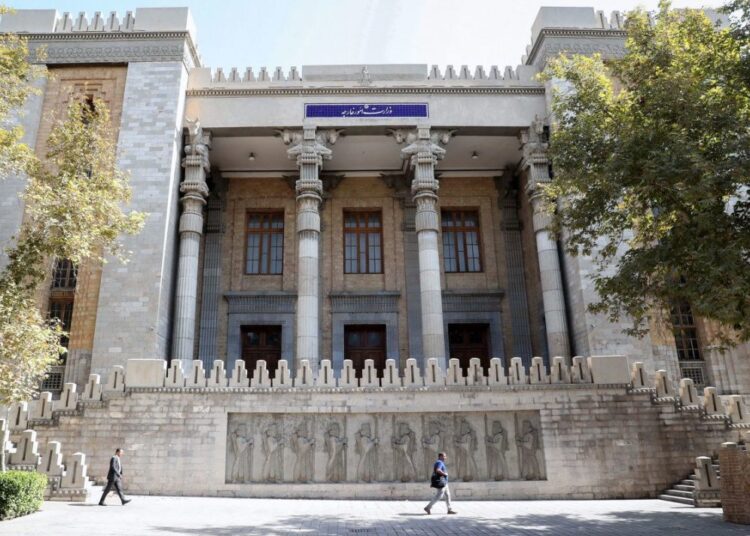The pursuit of a balanced and systematic cooperation with a rival country presents a pivotal question of frequent encounter, yet remains firmly rooted at the core of international relations. The labyrinthine tangle of relations, particularly for a nation like Iran, significantly constructs the bedrock of global discourse.
By Sheila Seifodini
Successful countries and emerging powers have modelled the avoidance of stark dichotomies in these contexts. Instead of painting each other in rigid shades of black or white, they manage to navigate through the murk of differences to unearth shared interests. Cooperating on shared grounds, they strive to mitigate risks embedded in bilateral relations with other countries.
In the theatre of international relations, nations do not play their cards based on trust; rather, they steer the course of their actions founded on self-interest. It is far from politically rational for decision-makers to stand ground on trust-centric relations alone, expecting nothing but amiable accord bereft of friction. Such a stand would be a blatant ignorance of the often harsh realities playing out in the international arena.
The relationship vein coursing between China and the United States serves as a vivid testament to this unique dynamics where cooperation coexists with competition. The US national security strategy enlists China as a prominent ‘threat’. Notwithstanding the fierce competition and the skirmishes in the tariff wars, the inescapability of economic interdependence and the vast scope of trade exchanges necessitates tacit cooperation. With China being the largest trading partner for the US, accounting for a hefty 17% of all US imports till the previous year, the engagements of the US Secretary of State and the US Treasury Secretary incline toward cooperation despite competition.
While the US boosts its military prowess, hones nuclear programs, revamps defense apparatus and deterrence strategy, it also grapples with the perceived threats from China and Russia, not forgetting North Korea. A notable illustration is President Joe Biden’s meeting with his Chinese counterpart, Xi Jinping, at the G20, occurring simultaneously with these advancements. High-profile dialogues engaged in by officials from both countries prioritize the collaborative potential and influence wielded by these two countries in leading and revitalizing the global economy. In Germany’s national security strategy—the concerted effort of key leadership including the Chancellor, the Foreign Affairs Minister, and the Defense Minister—China finds substantial mention as a concurrent ‘systematic trading partner’ and ‘competitor’. Russia, in light of its offense in Ukraine, staking potential threats to Euro-Atlantic stability, is acknowledged as the forefront ‘threat’.
Regional turmoils such as the Syrian crisis expose the crucial and calculated interest-pursuit of different countries. These range from the policy turnarounds of Qatar and other Arab countries to Turkey’s diplomacy. In order to secure diplomatic interests within the overarching realities, they change the level their animosity toward Syria’s president Bashar al-Assad, reintegrating him into the Arab world.
The agency of interests, alongside a policy of simultaneous cooperation and competition, compel nations to engage in talks. This contemporary diplomacy dispels the notion of a bipolar world, fostering a diverse multipolar stage where short-term alliances dictated by interests become a necessity.
A nation that neglects the identification of shared interests with other countries, or the need to instigate collective empathy within its own population, clings to historical animosities and ungrounded, costly conflicts, risks global marginalization and eventually becomes only a playing card for rival powers during critical times.
Nations thriving to magnify their international influence and stature fine-tune their foreign policy in synchrony with the shifting global dynamics. As such, an astute analysis of Iran’s foreign policy suggests that to maximize potential benefits, Iran must break free from an expensive standstill and adopt an innovative blueprint for its external relations. While the neighborhood policy could constitute a segment of this blueprint, the model needs to be more inclusive and comprehensive. This should effectively steer Iran’s relations with the rest of the world, regardless of time and conditions, toward a greater accentuation of common interests, thereby prioritizing “Iran’s national interests”.
The views expressed in this article are those of the author and do not necessarily reflect the positions of Iran Nuances.





